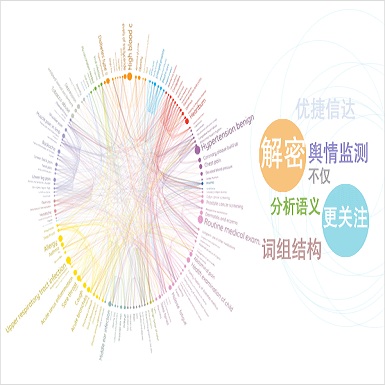Semantic parsing (SP) allows humans to leverage vast knowledge resources through natural interaction. However, parsers are mostly designed for and evaluated on English resources, such as CFQ (Keysers et al., 2020), the current standard benchmark based on English data generated from grammar rules and oriented towards Freebase, an outdated knowledge base. We propose a method for creating a multilingual, parallel dataset of question-query pairs, grounded in Wikidata. We introduce such a dataset, which we call Multilingual Compositional Wikidata Questions (MCWQ), and use it to analyze the compositional generalization of semantic parsers in Hebrew, Kannada, Chinese and English. While within-language generalization is comparable across languages, experiments on zero-shot cross-lingual transfer demonstrate that cross-lingual compositional generalization fails, even with state-of-the-art pretrained multilingual encoders. Furthermore, our methodology, dataset and results will facilitate future research on SP in more realistic and diverse settings than has been possible with existing resources.
翻译:语义分析(SP)使人类能够通过自然互动利用大量知识资源;然而,语义分析(PSP)主要设计并评估英国资源,例如CFQ(Keysers等人,2020年),这是以语法规则产生的英国数据为基础的当前标准基准,面向过时的知识库Freebase。我们提出了一个方法,以维基数据为基础,建立一个多语言、平行的问答对子数据集。我们引入了这样一个数据集,我们称之为多语言构成维基数据问题(MCWQ),并用它分析希伯来语、坎纳达语、中文和英文语义拼音学的构成性概括。虽然语言内部的通用性在各种语言之间是可比的,但零点点跨语言的跨语言转让实验表明,跨语言的拼写概括性不成功,即使最先进的多语言先受过训练的多语种编码器。此外,我们的方法、数据集和结果将有助于在比现有资源更现实和多样化的环境中对SP进行未来研究。









